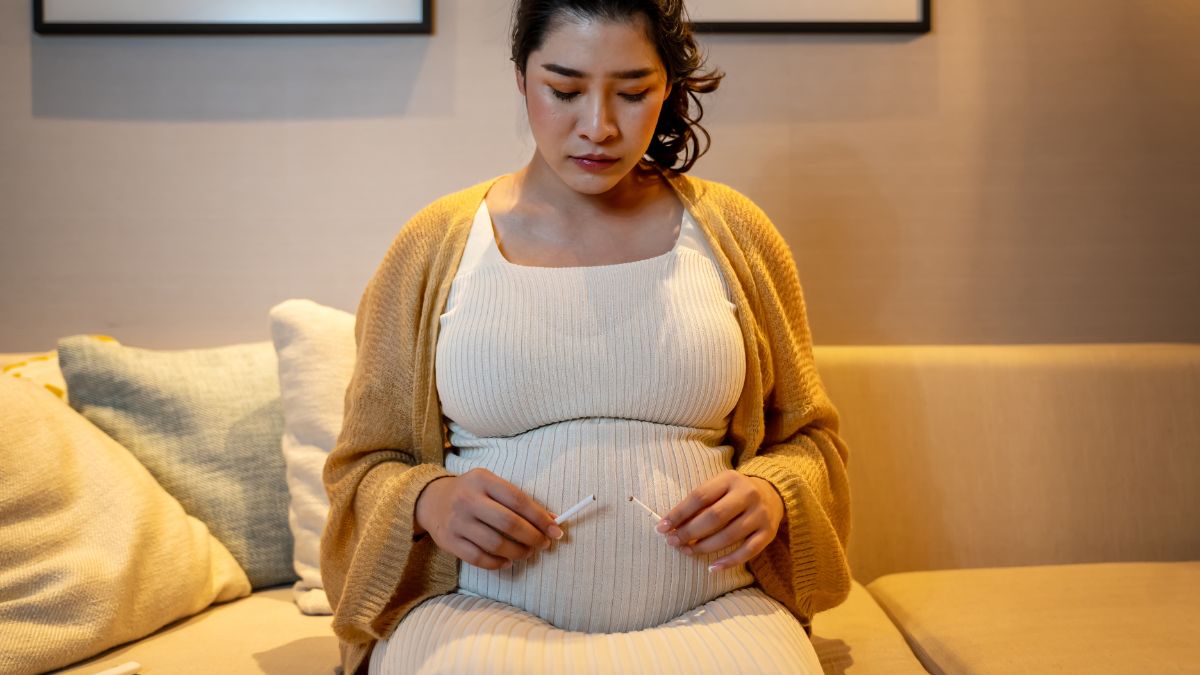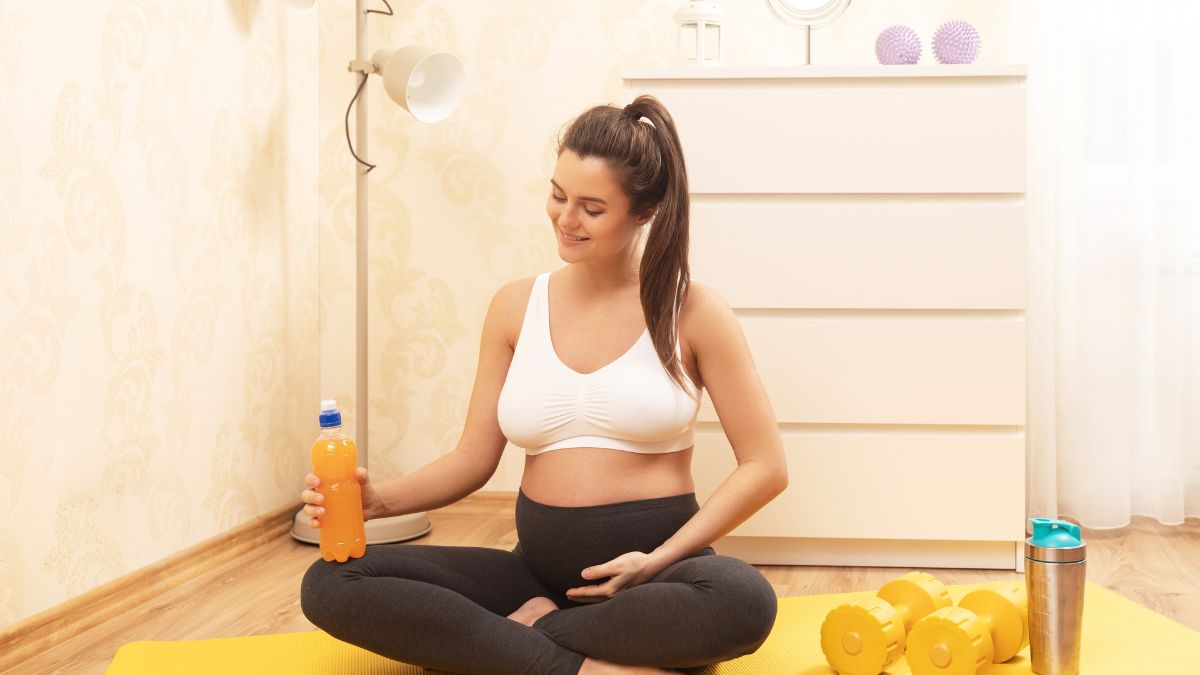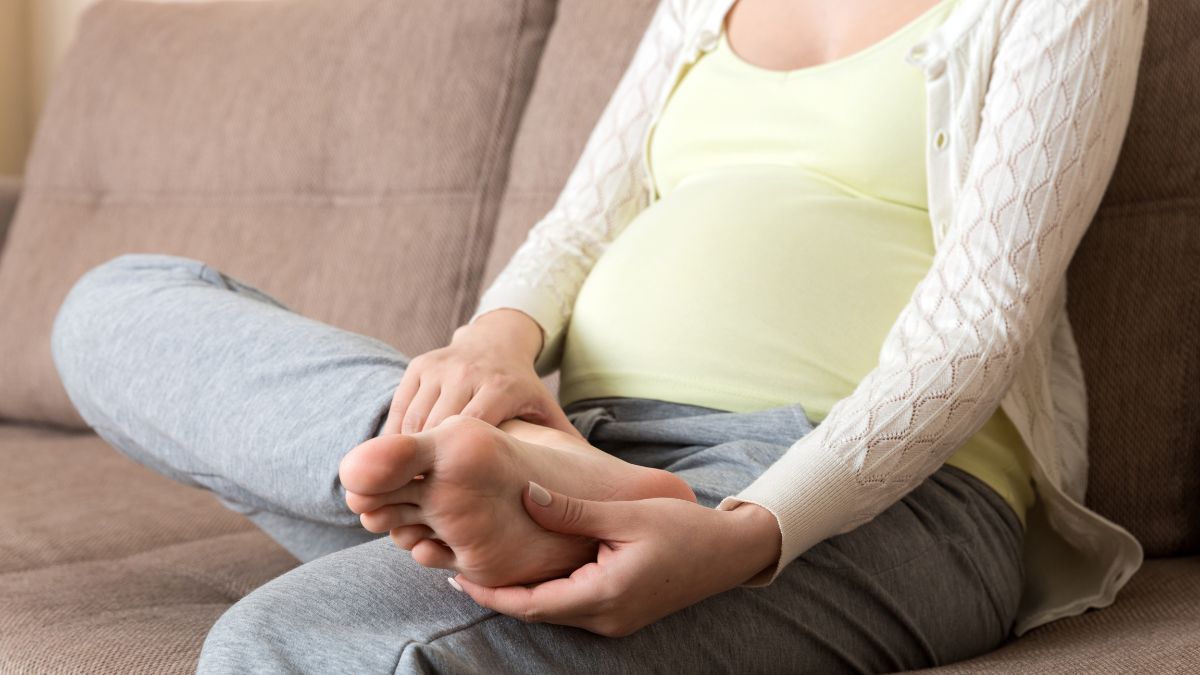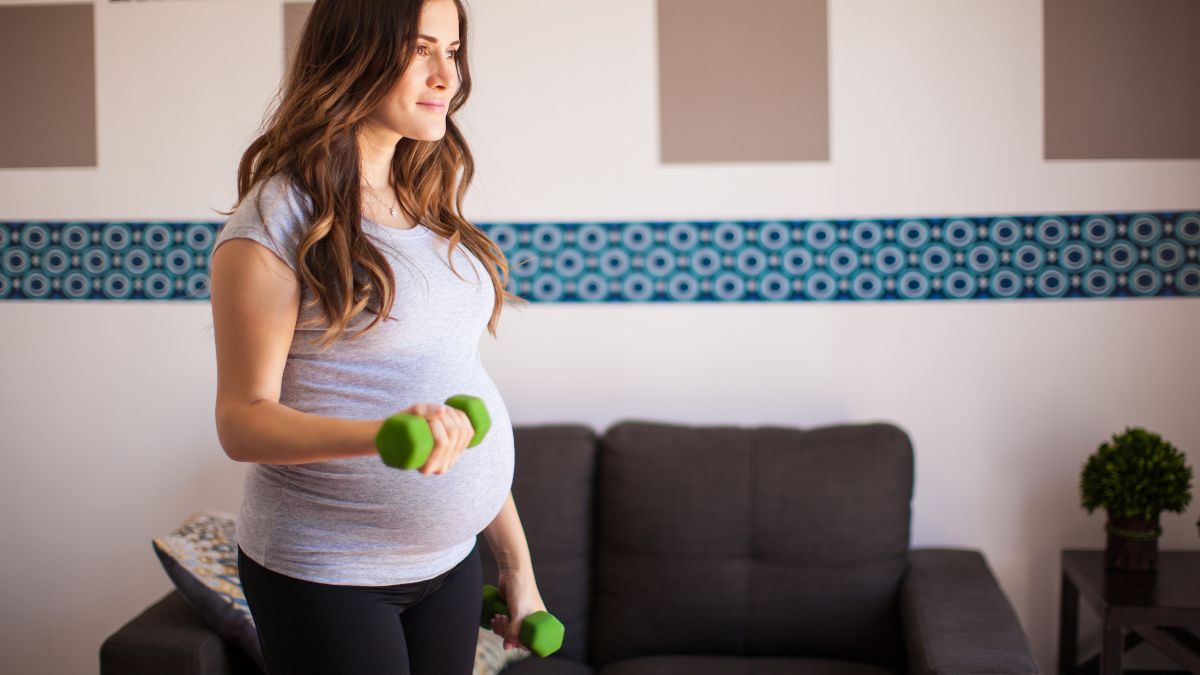Discover the effect of cold water bath during pregnancy and learn essential guidelines for a healthy experience. Explore what you should do to ensure safety and well-being. Make informed choices for a comfortable and secure pregnancy journey with mucusplug.net!
Effect of cold water bath during pregnancy

Prolonged exposure to cold water baths during pregnancy can have notable physiological implications, particularly concerning the circulatory system. The immersion in cold water may induce vasoconstriction, a narrowing of blood vessels, potentially influencing the blood flow to the uterus. This vasoconstrictive response could, in turn, compromise the delivery of oxygen and essential nutrients to the developing fetus.
It is crucial to emphasize that the temperature of the cold plunge water plays a pivotal role in determining the extent of these effects. Careful consideration of the water temperature becomes imperative for expectant mothers, as excessively cold temperatures may exacerbate the vasoconstrictive response, posing potential risks to both maternal and fetal well-being.
Therefore, pregnant women should exercise caution and seek advice from healthcare professionals regarding the appropriateness of cold water exposure during pregnancy, ensuring a balance between the desire for relaxation and the need to safeguard maternal and fetal health.
>Related post: How do you feel after losing mucus plug?
Can cold water affect baby in the womb?

The impact of consuming cold water during pregnancy on the developing baby in the womb has been a topic of interest for expectant mothers. It’s essential to understand the physiological processes involved. When ingesting food or beverages, their temperature may initially differ from the body’s normal temperature, but once they reach the stomach and intestines, the body works to regulate them to its internal temperature.
This means that the temperature of the consumed items, whether warm or cold, tends to equalize with the body’s natural warmth. Consequently, enjoying cold drinks is generally considered safe for the growing baby.
However, like many aspects of pregnancy, moderation is crucial. While cold water itself may not pose a direct risk to the developing fetus, excessive consumption of certain beverages, such as sodas with high sugar content or caffeine, should be approached with caution. It is advised that pregnant mothers prioritize maintaining a balanced and nutritious diet, and water intake should take precedence over sugary or caffeinated beverages. Staying adequately hydrated is essential for the overall well-being of both the mother and the baby.
Therefore, pregnant women are encouraged to make water their primary beverage choice and to consume it in sufficient amounts. As with any aspect of pregnancy, it’s always advisable for expectant mothers to consult with their healthcare providers to ensure that their individual circumstances and health needs are considered.
>Related post: 2cm dilated and lost mucus plug?
What temperature water should be avoided during pregnancy?

During pregnancy, it is generally considered safe to indulge in warm baths, provided certain temperature guidelines are adhered to. It is advisable to ensure that the water temperature does not exceed 100 degrees Fahrenheit (37.8 degrees Celsius) to prevent any potential risks to the developing fetus.
While enjoying a soothing bath is a pleasant and relaxing activity for many pregnant individuals, caution should be exercised to steer clear of water that is excessively hot. It is crucial to avoid prolonged exposure to water with temperatures that could elevate the body temperature beyond 102.2 degrees Fahrenheit (39 degrees Celsius), as this could potentially pose risks to both the expectant mother and the unborn baby.
Hence, maintaining a moderate and comfortable water temperature becomes paramount to ensure the well-being of both mother and child during this special time. Always consult with your healthcare provider for personalized advice based on your individual health circumstances.
What temperature is OK for a bath when pregnant?

Determining the appropriate water temperature for a bath during pregnancy is crucial for the well-being of both the mother and the developing baby. It is recommended to maintain the water temperature within the range of 98.6 to 100 degrees Fahrenheit, as this ensures a comfortable and safe bathing experience.
To accurately gauge the water temperature, consider using a reliable bath thermometer, which can provide precise readings. Additionally, it is advisable to be mindful of the duration spent in the bath. Experts suggest limiting bath time to approximately 10 minutes or less, as prolonged exposure to warm water may lead to overheating, potentially posing risks during pregnancy.
By carefully monitoring both the temperature and duration of your baths, you can create a soothing and safe environment that promotes relaxation without compromising the health of you and your unborn child.
>Related post: Is pooping a lot a sign of labor coming soon?
Understanding the effect of cold water bath during pregnancy is crucial for maternal well-being. By following recommended guidelines, expectant mothers can navigate this aspect of self-care safely, promoting both physical and emotional health throughout their pregnancy.

